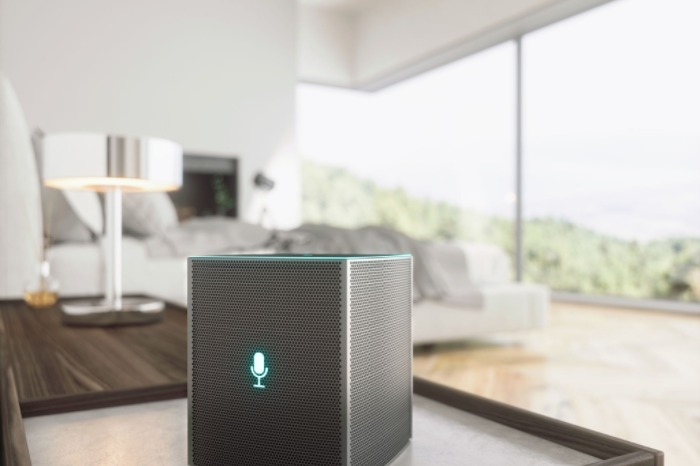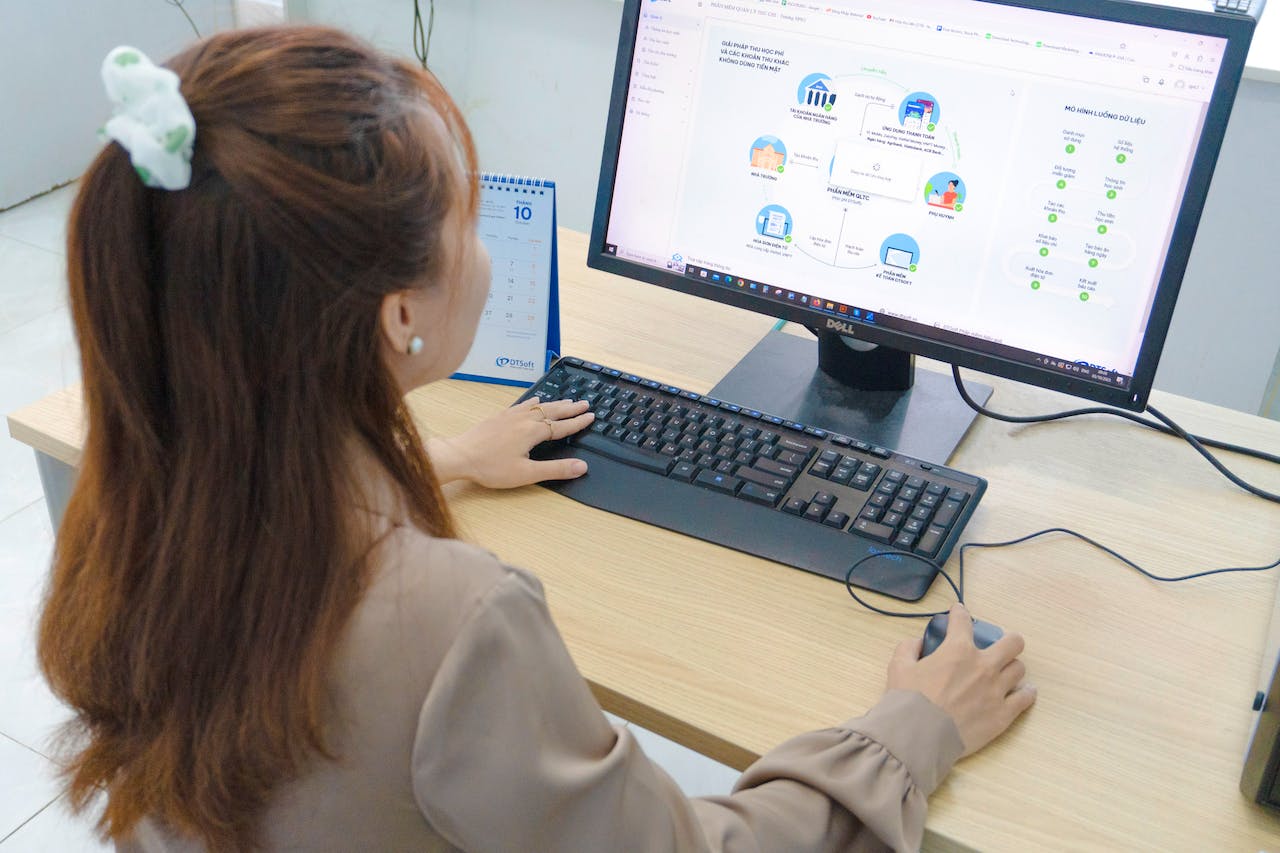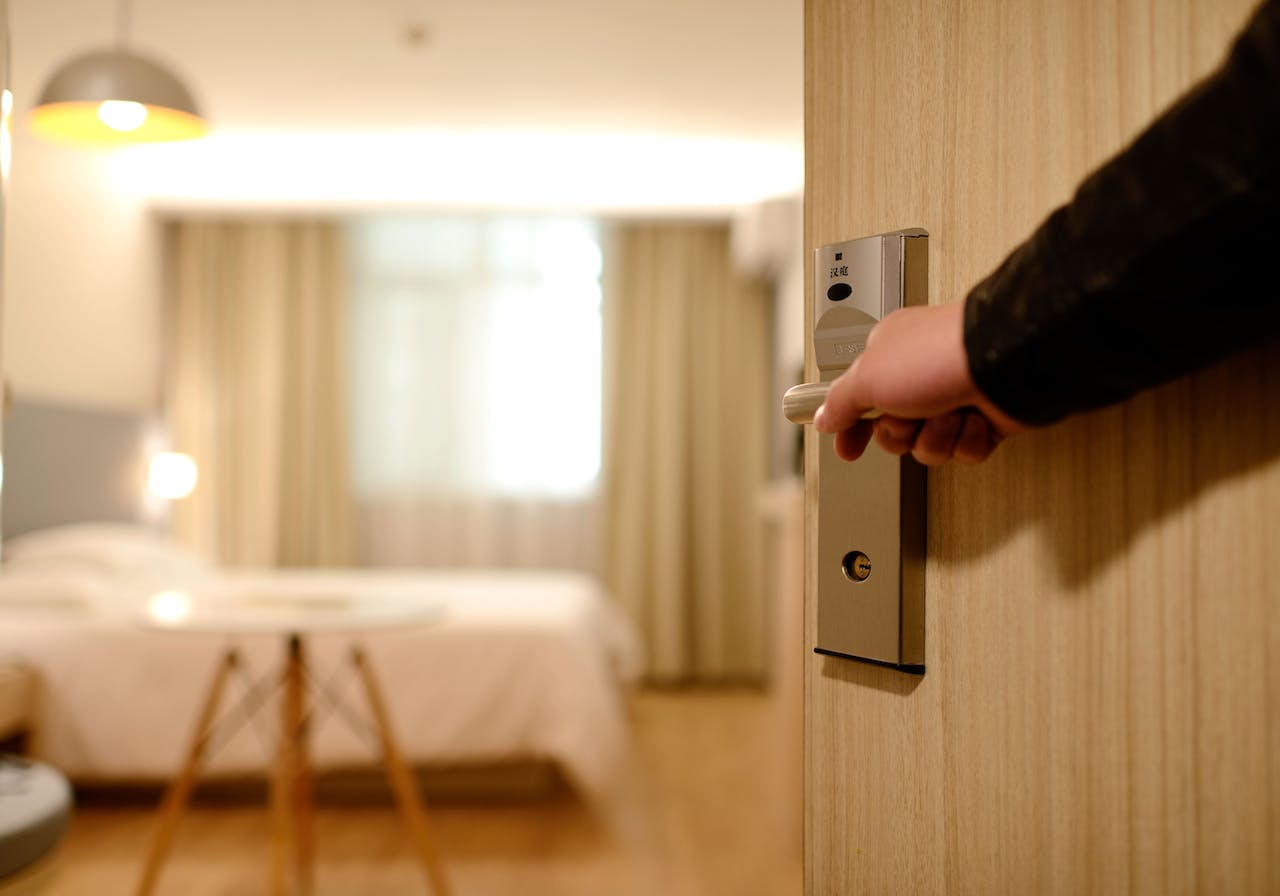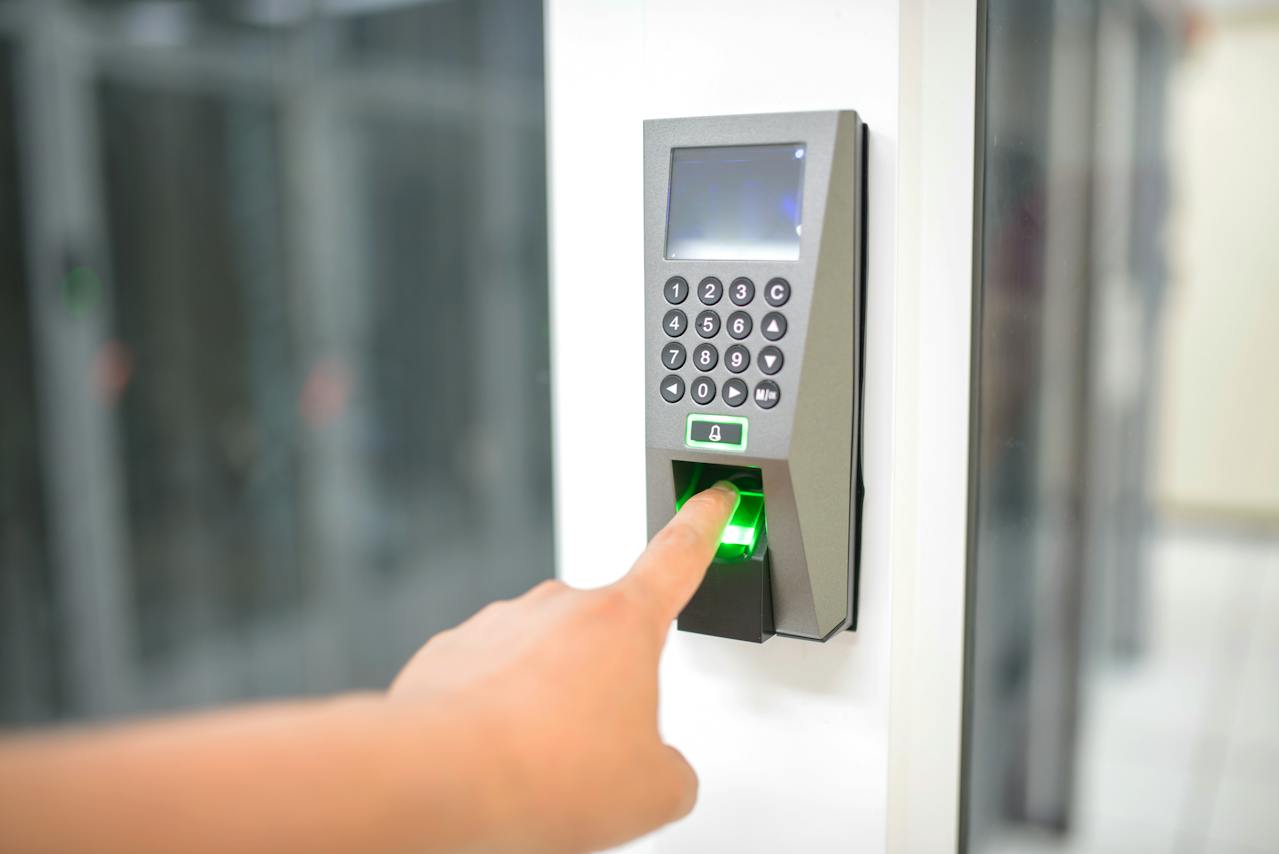The concept of hotel automation has revolutionised the hospitality sector, evolving from a novel idea to a fundamental necessity in modern property management. This transformation reflects the industry’s commitment to enhancing efficiency, guest satisfaction, and overall business performance. Initially, automation in hotels was limited to basic tasks, but today, it encompasses a wide array of functions, from guest services to back-end operations, driven by advancements in technology and shifting consumer expectations.
Hotel automation refers to the integration of various technology systems to manage hotel operations automatically. These systems are designed to perform tasks, control equipment, and manage information with minimal human intervention. The adoption of these technologies not only streamlines operations but also provides a more personalised and comfortable experience for guests. As technology continues to advance, the scope and capabilities of hotel automation solutions expand, setting new standards in the hospitality industry.
The Role of Automation in Hotels
Automation in hotels is not just about technological sophistication; it’s about redefining the guest experience and operational efficiency. In the realm of guest services, automation translates into faster check-ins, personalised room settings, and more responsive customer service. It ensures that guests receive attention and services promptly, enhancing their overall satisfaction. On the operational side, automation aids in efficient resource management, reducing manual errors, and enabling hotel staff to focus on more strategic tasks.
This shift towards automation also represents a response to changing guest expectations. Today’s travellers, accustomed to the convenience and speed of digital services in other aspects of their lives, expect no less from their hotel stays. They seek quick, seamless, and personalised experiences. Automation technologies meet these demands by offering services like mobile check-ins, digital concierge services, and smart room controls, all of which contribute to a more satisfying and engaging guest experience.
Key Hotel Automation Solutions
Hotel automation solutions cover a wide spectrum of technologies, each designed to enhance a specific aspect of hotel operations. One of the most prominent is smart room technology, which includes automated climate control, lighting, and entertainment systems. These systems can be controlled by guests through in-room tablets or smartphones, offering a level of comfort and customization that was previously unattainable.
Automated check-in and check-out systems are another key component of hotel automation. These systems reduce waiting times and streamline the arrival and departure process, often allowing guests to bypass the front desk entirely. Such systems are not only convenient for guests but also free up hotel staff to attend to more complex guest needs and requests.
Energy management systems in hotels play a crucial role in reducing operational costs and promoting sustainability. These systems monitor and control the use of utilities like electricity and water, ensuring that resources are used efficiently. This not only leads to cost savings but also aligns with the growing consumer demand for environmentally responsible travel options.
Integrated property management systems (PMS) form the backbone of hotel automation. These comprehensive platforms manage various aspects of hotel operations, from room bookings and inventory management to billing and reporting. By centralising these functions, a PMS enhances operational efficiency and provides hotel managers with valuable insights into their business performance.
Automation in the Hospitality Industry: A Broader Perspective
The impact of automation in the hospitality industry extends beyond individual hotels. It signifies a shift in how the entire industry operates and engages with its customers. Customer service, a cornerstone of the hospitality industry, has been greatly enhanced by automation. Automated systems provide guests with instant assistance, information, and services, leading to improved satisfaction and loyalty.
Operational efficiency is another major benefit of automation in the hospitality industry. By automating routine tasks and processes, hotels can reduce labour costs, minimise errors, and optimise resource allocation. This efficiency translates into better service delivery and a more profitable business model.
Data management and security are critical aspects of hotel operations that have been transformed by automation. Automated systems collect and analyse vast amounts of guest data, providing insights into consumer behaviour and preferences. This data-driven approach enables hotels to tailor their services and marketing efforts more effectively. However, with the increased use of data comes the responsibility to manage it securely. Automated systems must incorporate robust security measures to protect guest privacy and comply with data protection regulations.

Hotel Automation: Adopting Smart Technology in Property Management
Luxury Hotel Automation: Elevating the Guest Experience
Luxury hotels have always been at the forefront of offering exceptional guest experiences, and automation plays a pivotal role in this endeavour. In these high-end establishments, technology goes beyond basic functionality, aiming to create an atmosphere of exclusivity and personalization. Advanced technologies employed in luxury hotel automation include intelligent room systems that adapt to guest preferences in lighting, temperature, and entertainment, often remembered and implemented automatically for returning guests.
Personalization is a key differentiator in luxury hotel automation. Through the use of AI and machine learning, hotels can analyse guest data to offer tailored recommendations and services. For instance, a guest who prefers a particular room temperature or a certain type of pillow can find these preferences met upon arrival, without the need for a request. This level of attention to detail enhances the guest’s overall experience, fostering loyalty and a sense of bespoke service.
Sustainability is another aspect where luxury hotels are leveraging automation. Smart systems that control energy use, waste management, and water conservation not only contribute to environmental protection but also resonate with the values of modern travellers who are increasingly conscious of their ecological footprint. Luxury hotels are thus using automation not just for operational efficiency and guest comfort but also as a commitment to sustainable practices.
Implementing Automated Hotel Systems
Implementing automated systems in hotels requires careful planning and consideration. The process begins with a clear understanding of the hotel’s goals and the needs of its guests. This involves identifying which areas of operation could benefit most from automation and the type of technology that would be most effective. For instance, a hotel focusing on business travellers might prioritise automated meeting facilities and high-speed internet, while a resort may focus on automated spa and leisure services.
Choosing the right technology partners is crucial in this process. Hotels must seek out vendors that not only offer advanced and reliable technology but also understand the hospitality industry’s unique challenges and needs. These partnerships are essential for ensuring that the technology integrates seamlessly with existing systems and is adaptable to future advancements.
Training staff to work with new technologies is an essential part of the implementation process. While automation can reduce the need for manual intervention in many areas, staff must be skilled in managing these systems and addressing any issues that arise. They also need to be trained to provide a human touch in services that cannot be completely automated, ensuring that the technology enhances rather than replaces personal guest interactions.
Challenges and Considerations in Hotel Automation
While the benefits of hotel automation are significant, there are challenges and considerations that need to be addressed. One of the main challenges is maintaining a balance between technology and human interaction. Hotels must ensure that automation enhances the guest experience without making it feel impersonal. The human element in hospitality cannot be fully replaced by machines, and it’s important for hotels to find the right mix of technology and human service.
Privacy and security are major concerns in the age of automation. With hotels collecting and storing vast amounts of guest data, they must ensure that this information is protected against breaches. This requires robust security systems and protocols, as well as regular updates and audits to ensure that data remains secure.
Adapting to changing guest expectations is another challenge. As technology evolves, so do guest preferences and demands. Hotels must stay abreast of technological advancements and be willing to continually update and upgrade their systems to meet these changing needs. This requires not only financial investment but also a commitment to ongoing learning and adaptation.
The Future of Hotel Automation
The future of hotel automation is marked by continuous innovation and technological advancements. Emerging technologies, such as artificial intelligence (AI), the Internet of Things (IoT), and advanced data analytics, are set to further transform the hospitality industry. These technologies promise not only to enhance operational efficiency but also to create more immersive and personalised guest experiences.
AI, for instance, is anticipated to play a significant role in guest service automation, with chatbots and virtual assistants becoming more sophisticated in handling guest inquiries and requests. The IoT is expected to expand the capabilities of smart room technology, allowing for even more interconnected and responsive room environments. Furthermore, advances in data analytics will enable hotels to gain deeper insights into guest preferences and behaviour, facilitating more targeted and effective service delivery.
Predictions for the hospitality industry suggest a move towards more integrated and guest-centric technology solutions. Hotels will likely adopt more comprehensive platforms that combine various automation systems, providing a seamless and intuitive experience for guests. This integration will also benefit hotel management, as it streamlines operations and provides a unified view of the hotel’s performance.

Conclusion: Embracing Automation in Hotel Management
In conclusion, the adoption of smart technology in hotel property management is not just a trend but a strategic necessity in today’s competitive hospitality landscape. The benefits of hotel automation are clear: enhanced guest satisfaction, operational efficiency, and a stronger bottom line. However, the journey towards full automation requires thoughtful planning, a commitment to ongoing training and adaptation, and a keen awareness of privacy and security considerations.
For hoteliers looking to stay ahead of the curve, now is the time to embrace the possibilities of automation. It’s an opportunity to redefine the guest experience, optimise operations, and position your property for future success. Consider exploring the potential of automation in your hotel and discover how technology can elevate your hospitality offerings.
































